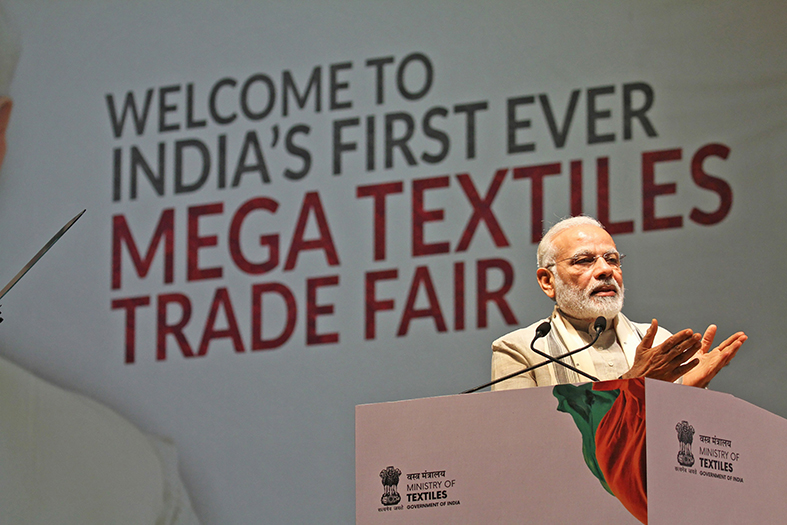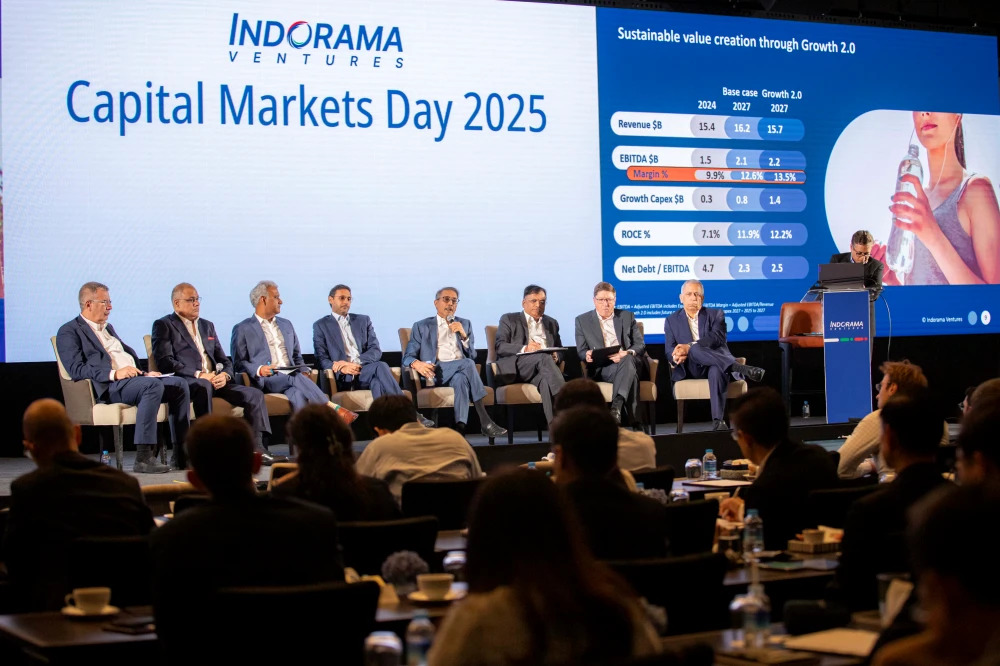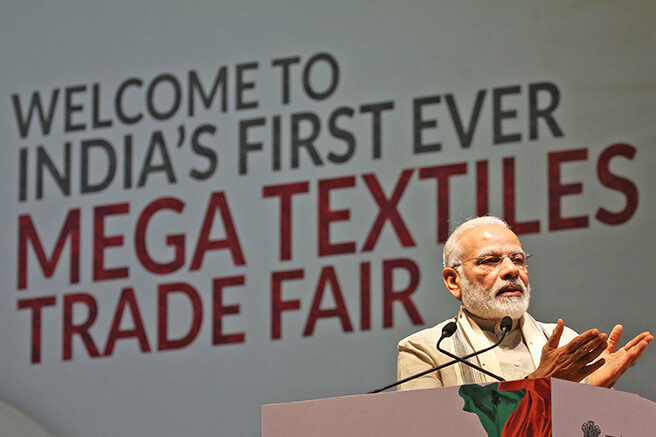
A big step in making India ‘AatmaNirbhar’ or self-reliant has come in the form of Production-Linked Incentive Scheme (PLI) to 10 sunrise and labour-intensive sectors, including the technical textiles and man-made fibre segments. The Union Cabinet under Prime Minister Narendra Modi has approved to introduce the Scheme triggering a positive market sentiment.
The announcement has at its core the idea to augment India’s manufacturing capabilities and exports. The Scheme has put away Rs. 1.45 tn for the 10 ‘champion’ sectors incentivizing them to attract investments, encourage domestic manufacturing, pave the way for companies to become part of the global supply chain, and the biggest of all – to generate employment opportunities.
Big Boost to Technical Textiles & MMF Segments
The technical textiles and Man-Made Fibre (MMF) segments have received the financial outlay of Rs. 10683 cr for over a 5-year period. It will be implemented by the Ministry of Textiles within the overall financial limit prescribed. The final proposals of the PLI will be appraised by the Expenditure Finance Committee (EFC).
The Indian textile industry is one of the world’s largest producers of textiles and apparel. Owing to the COVID times and necessities, India has become the second largest manufacturer of PPE in the world. The domestic textiles and apparel segments contribute 2% to India’s GDP, bring in 12% of export earnings and has approximately 5% share of global exports. In the MMF segment, India’s share is low when compared to the global consumption pattern.
The PLI Scheme aims to fortify the two textile segments to pull investments in cutting-edge technology, enhance efficiency, and create economies of scale besides enabling them to get on par with global competition.
The Scheme facilitates the AatmaNirbhar Bharat Abhiyan vision to promote an efficient, equitable and resilient manufacturing sector in the country. Growth in production and exports of industrial goods will greatly expose the Indian industry to foreign competition and ideas, which will help in improving its capabilities to innovate further. It holds true for the textile industry too. According to the official statement, promotion of the manufacturing sector and creation of a conducive manufacturing ecosystem will not only enable integration with global supply chains but also establish backward linkages with the MSME sector in the country. It will lead to overall growth in the economy and create huge employment opportunities.
CITI
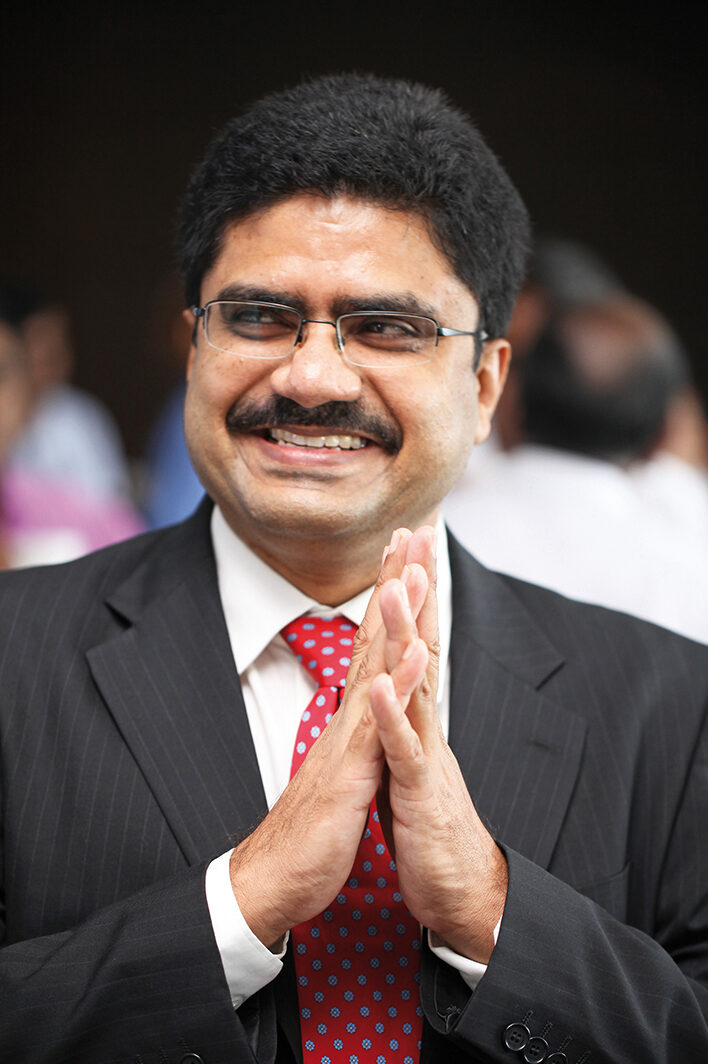
CITI Chairman T Rajkumar said, “PLI scheme is extended for 10 key specific sectors, of which Textile is one of the sectors and has been allocated Rs 10,683 crore of the total estimated outlay of Rs. 1.46 lakh crore, mainly for MMF and technical textile segment”. He further said, “the objective of the scheme is to promote building of new facilities and attract investment in the MMF sector under Greenfield and Brownfield investments”.
CITI Chairman said, “the Focused PLI Scheme has come at an appropriate time when India’s GDP is on a recovering mode and a V shaped recovery is expected in many of the sectors to bring the economy back on recovery track”.
SIMA

Mr. Ashwin Chandran, Chairman, The Southern India Mills’ Association (SIMA) stated that though India could become a major player in cotton textiles and exports, India has been lagging behind in the MMF textile trade due to expensive raw material and high tariff barriers apart from cheaper imports from neighbouring countries.
Mr. Ashwin also mentioned, “The country has proved its capability by becoming the second largest manufacturer of PPE within a period of two months and enable the country to protect the people of the Nation and the world from the COVID-19 pandemic. Under these circumstances, the scheme would greatly benefit the industry to attract huge investments and create jobs of millions of people. Around 40 HS lines in MMF garments and 10 HS lines in technical textiles account around US $ 180 billion global trade and therefore, the scheme would encourage the industry to make investment in the manufacturing of these high value added products.”
TEA
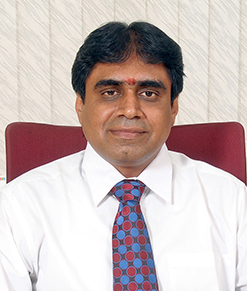
Shri. Raja. M. Shanmugham welcomed the subsidy support from Central Government for two years in respect of new eligible employees engaged on or after 01.10.2020 and crediting upfront in Aadhaar seeded EPFO Account (UAN) of eligible new employee, contribution of both Employer and Employees, totaling 24% of wages in cases where establishments are employing up to 1000 employees and 12% of EPF wages in the case of employment provided more than 1000 employees. He noted that this will be largely helpful to Tirupur Knitwear exporting units as more employment will be provided by them in the coming days.
Shri. Raja. M. Shanmugham appreciated for extension of the existing Emergency Credit Line Guarantee Scheme (ECLGS 1.0) till 31st March 2021 and also launching of ECLGS 2.0 benefitting to Standard Maintenance Account 0 (SMA 0) as on 29th February 2020, with credit outstanding of above Rs. 50 crore and up to Rs. 500 Crore as on 29.2.2020.
Shri. Raja. M. Shanmugham welcomed the Production-Linked Incentives scheme and was hopeful that Tirupur knitwear exporting units would utilize this opportunity, make investment, increase exports and provide more employment.


